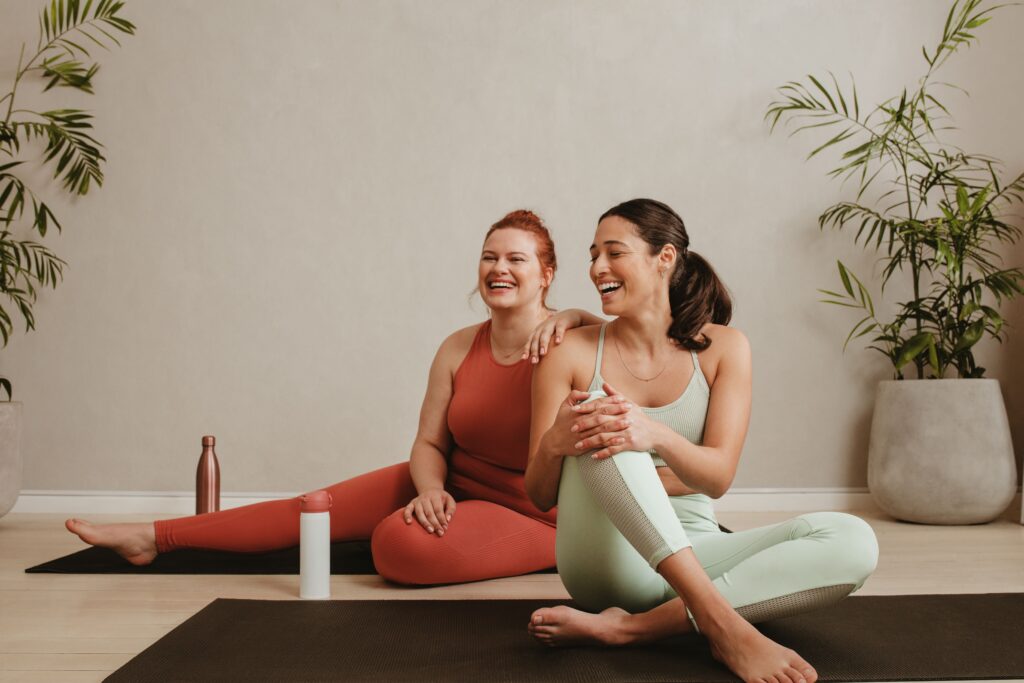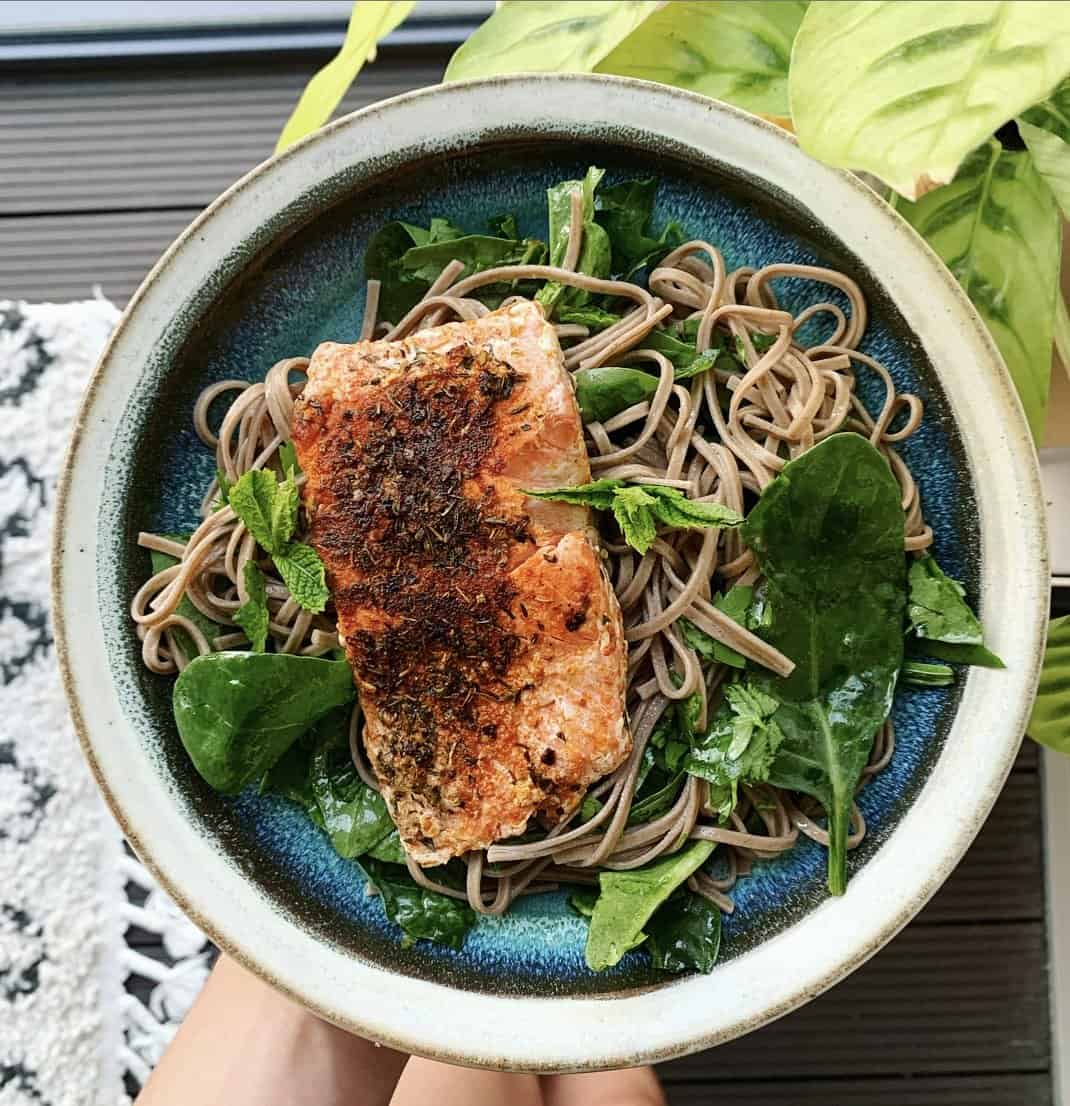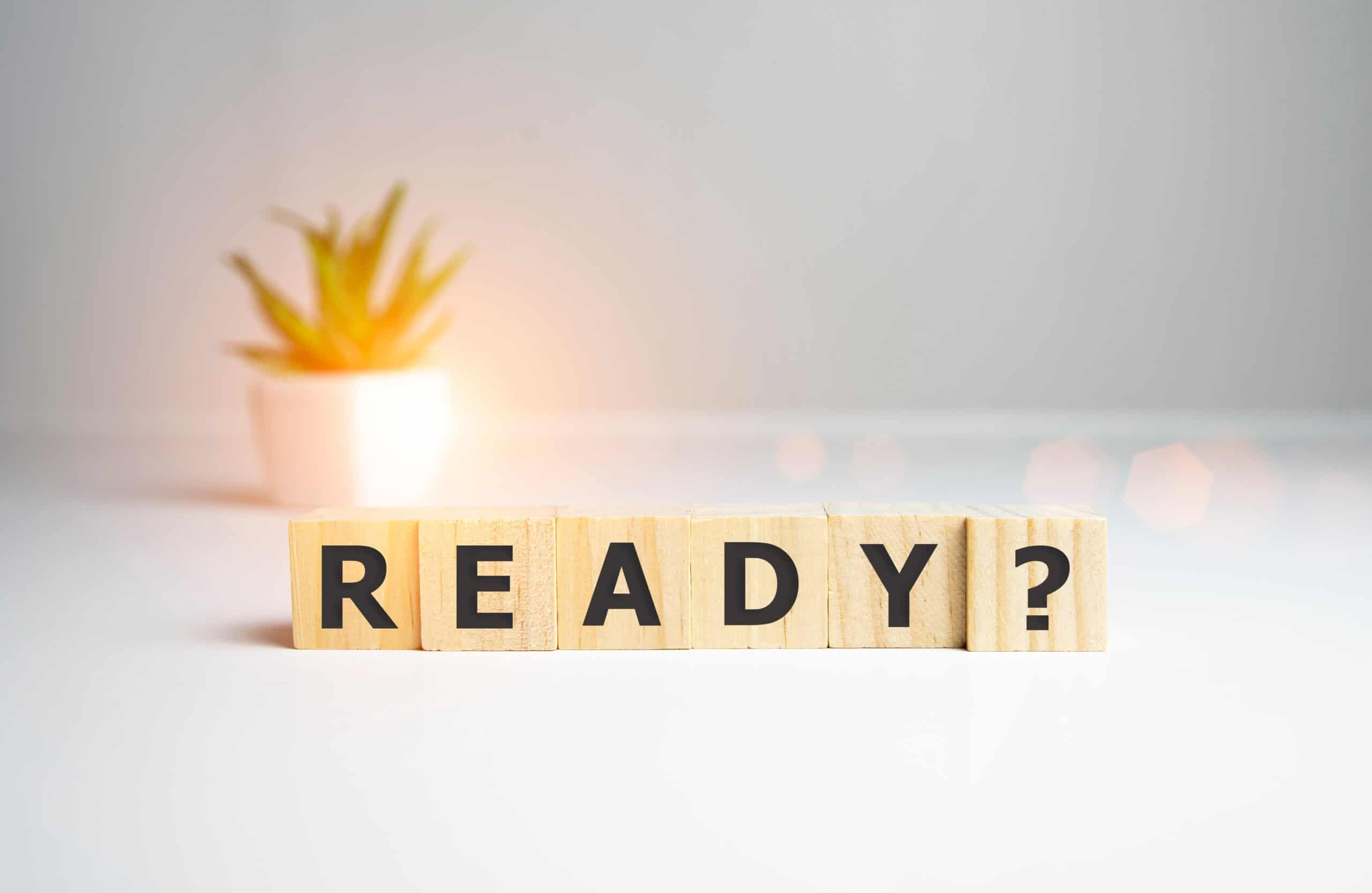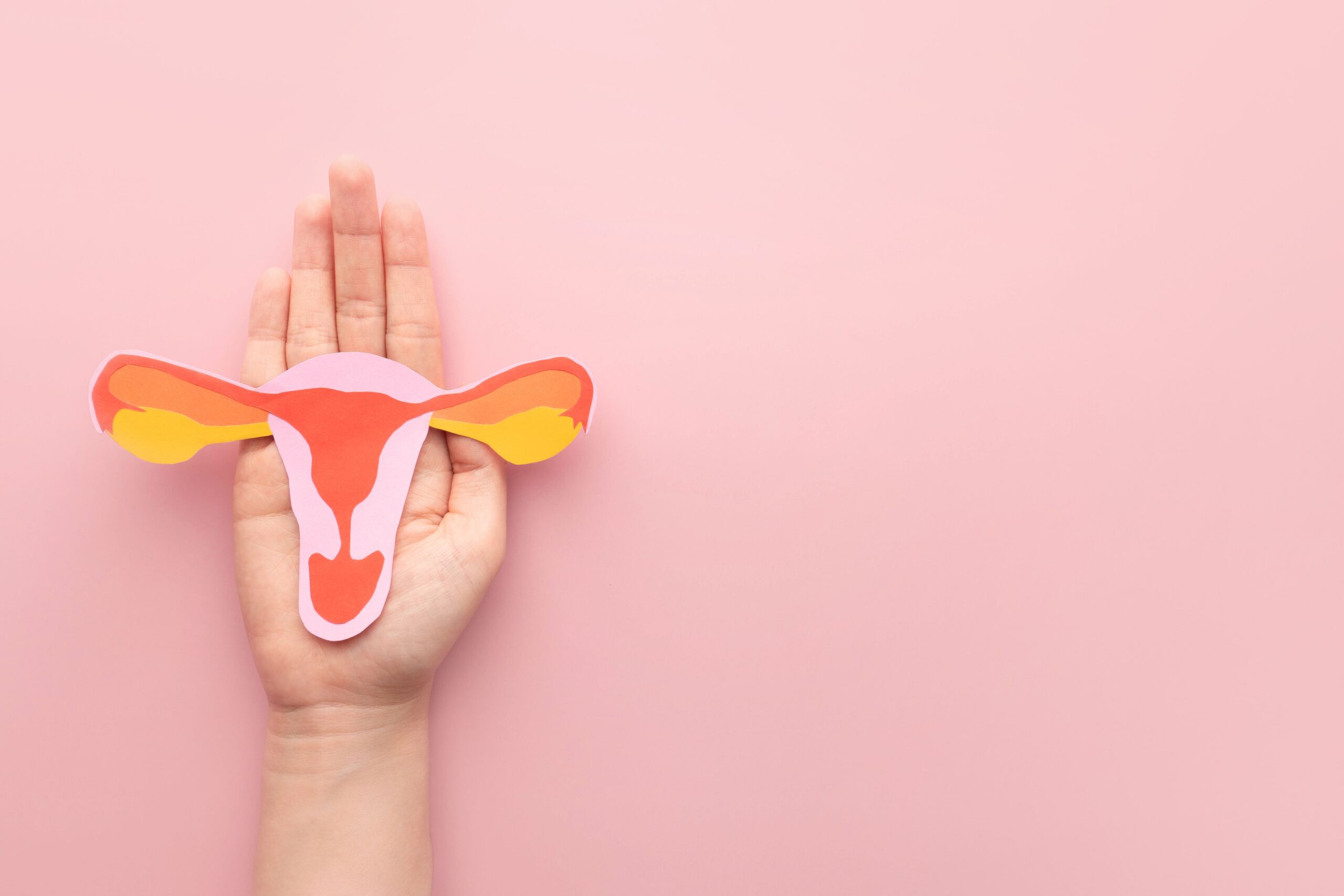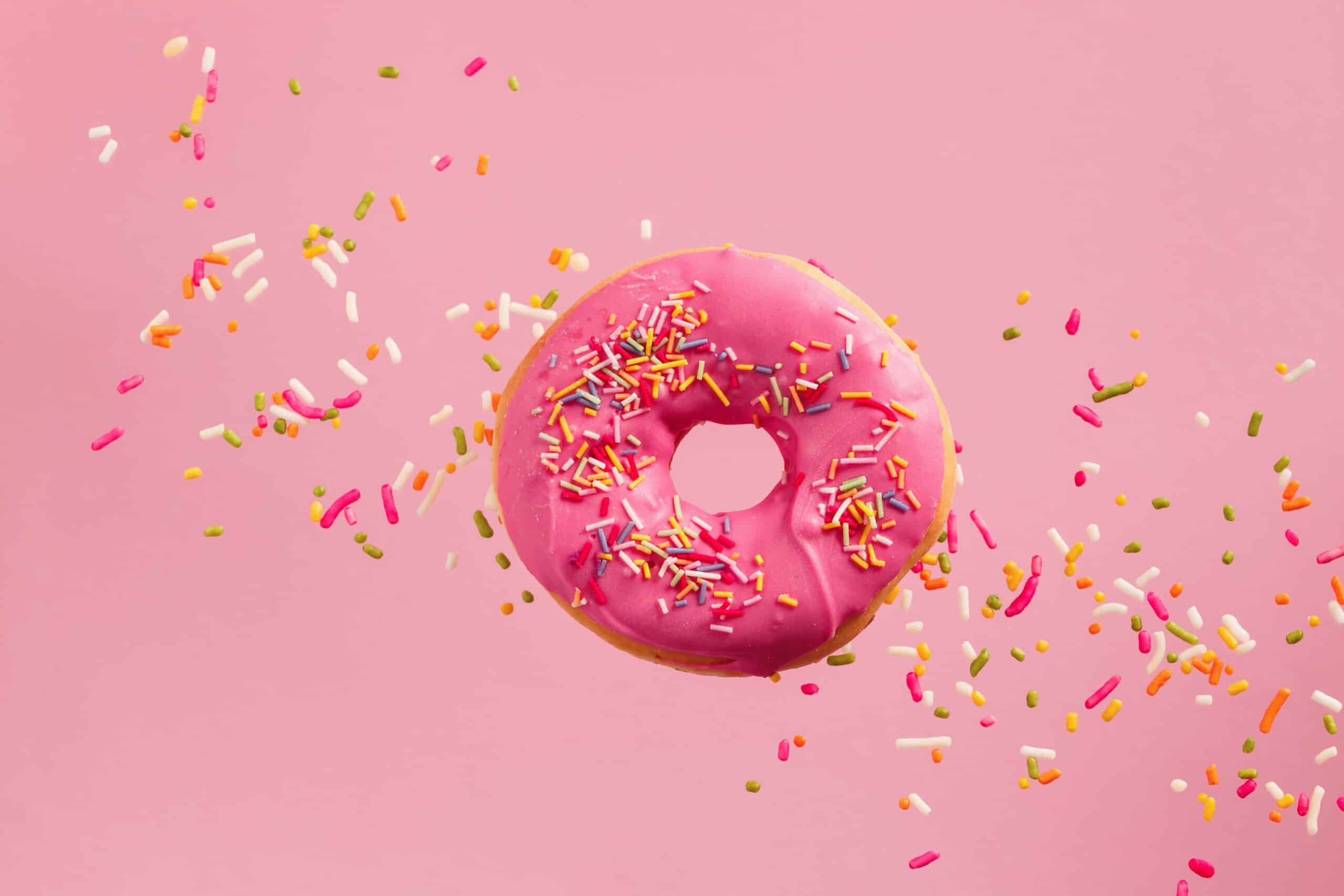Negative body image and building body image resilience
Body shaming has become a significant issue around the globe, potentially attributable to social media influencers and diet culture creating and promoting unrealistic body ideals.
It’s important to remember that everyone has flaws and imperfections, and this is what makes us unique. How someone looks is probably the least interesting thing about that person, but we know that body shame and negative body image is a serious issue, affecting 61% of adult men and women and 66% of children (UK Parliament, 2020), and this can lead to low self-esteem and confidence in all areas of life.
In this article, we will discuss how you can help someone with negative body image.
What is negative body image?
A negative body image is when someone has a distorted view of their appearance. It may be caused by poor self-esteem, lived experiences, unrealistic expectations, or a combination of both.
People who suffer from negative body image tend to compare themselves unfavourably to others, which leads them to feel dissatisfied with their bodies. They may even find fault in every part of their body, and this can progress to finding fault in other elements of their lives too.
People with negative body image may also feel uncomfortable about certain parts of their bodies. For example, if they don’t have society’s ideal of a flat stomach, they might feel embarrassed to wear tight clothes. Or, if they don’t have clear skin, they may feel compelled to wear make-up.
Where does a negative body image come from?
Developing negative body image stems from the culture we live in, the messages that were internalised when we were younger, traumatic lived experiences such as being bullied and the media.
A negative body image comes from society’s obsession with body ideals, such as thinness. The media, although beginning to change, has constantly promoted pictures of skinny or athletic models, and encourages the belief that these are the ideal shapes for women. You may find that you have, or someone you know has, been chasing these body ideals, and this can lead to an unhealthy relationship with your body, with food, and with exercise.
What are the consequences of negative body image?
When you put so much emphasis on your appearance, you can become obsessed with it, spending hours looking in the mirror or comparing yourself to others, and what others think of your body. This obsession can lead to the belief that your appearance defines you, or you place all your self-worth on how you look, and lose sight of all your other qualities, abilities, and achievements.
When someone feels low or ashamed of their body or themselves, this may lead to emotional eating to suppress these feelings and provide comfort.
Emotional eating combined with society’s emphasis on thinness, can lead to restriction or over-exercise to ‘counteract’ the food eaten, and more feelings of guilt and shame about yourself and your body. This is known as the ‘binge-restrict cycle’, which for some can spiral into bulimia nervosa, a severe eating disorder with medical consequences. These negative feelings can also lead to feelings of unworthiness, which can cause restriction of food eat and exercising out of punishment, which is associated with anorexia nervosa (Hosseini, 2021).
If you notice any of these signs, speak to your doctor:
- You avoid social situations because you feel bad about yourself or are concerned about what you look like.
- You have trouble sleeping because you can’t stop obsessing over your weight and size.
- You feel guilty about eating or drinking anything. This may look like lying to your family members about what you ate, eating in secret, or engaging in punishing behaviours after eating such as exercising, restriction or self-induced vomiting.
- You use alcohol or drugs to cope with your problems.
- You have thoughts of suicide.
- You are constantly trying to lose weight, and relationship with food or your body has progressively become worse.
- You think you may be suffering from depression or another mental health problem.
How can you help someone struggling with negative body image?
If you know someone who is struggling with body image, here are seven ways you can help:
- Be there for them and support them. When you notice someone being judged by another person, or judging themselves, protest it.
- Compliment people on attributes, not looks. This can help remind people that they are loved for things aside from their appearance.
- Offer advice. Sometimes, we need to hear other people’s perspectives.
- Encourage them to try new things. This can help remind people that there’s more to life than obsessing about how they look.
- Show interest. People open up much more when they feel listened to and understood. Maybe sharing your experiences with body image, or even showing interest by asking questions and listening carefully can help people.
- Remind them that their opinion matters. People with negative body image might struggle to take complements because their opinion of themselves is different than yours. Advise them that the only opinion that will make the most difference to them is their own, and they can improve their opinion of themselves starting by practicing some self-kindness.
- Help them find support if they need it. Negative body image often leads to depression and anxiety, which may require psychological intervention.
If you or someone you love are struggling with negative body image and it is affecting other areas of your or their life, we are here to help! At Embody Health London, we are experts in treating disordered eating, eating disorders and negative body image. Book your free discovery call to learn more about how we can help you.
Elle, RD, BSc, MSc
EHL x
References
Hosseini, A. (2021). Body Image Distortion. https://www.ncbi.nlm.nih.gov/books/NBK546582/
UK Parliament, 2020. Body Image Survey. https://publications.parliament.uk/pa/cm5801/cmselect/cmwomeq/805/80502.htm

